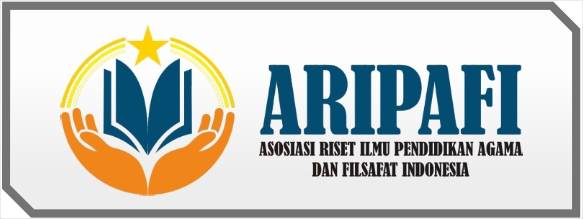Implementasi Hukum Syariah dalam Sistem Ekonomi Islam di Indonesia: Tantangan dan Peluang
DOI:
https://doi.org/10.61132/hidayah.v1i1.701Keywords:
Sharia law, Islamic economy, sharia regulation, economic challenges, Islamic financial systemAbstract
This article discusses the implementation of sharia law in the Islamic economic system in Indonesia, focusing on the challenges and opportunities faced. This research uses the method of literature study and interviews with Islamic economic practitioners. The results show that although the regulation of Islamic economics is growing, there are still challenges in terms of public understanding, limited competent human resources, and competition with conventional economic systems. Therefore, a more effective strategy is needed in improving Islamic economic literacy, strengthening regulations, and developing Islamic financial institutions in order to contribute more to the national economy.
References
Antonio, M. S. (2010). Bank Syariah: Dari Teori ke Praktik. Jakarta: Gema Insani.
Ascarya, A. (2009). Akad dan Produk Bank Syariah. Jakarta: Rajawali Pers.
Chapra, M. U. (2000). The Future of Economics: An Islamic Perspective. Leicester: Islamic Foundation.
Hasan, Z. (2011). Theory and Practice of Islamic Banking and Finance. Petaling Jaya: Pearson Malaysia.
Kahf, M. (2005). Islamic Economics: What Went Wrong?. Jeddah: Islamic Research and Training Institute.
KNEKS. (2021). Laporan Perkembangan Ekonomi Syariah di Indonesia.
MIFC. (2019). Global Islamic Finance Report.
Otoritas Jasa Keuangan. (2022). Laporan Keuangan Syariah.
Rahardjo, M. (2013). Ekonomi Islam: Perspektif Historis dan Konseptual.
Rosly, S. A. (2010). Critical Issues on Islamic Banking and Financial Markets.
Said, E. (2018). Islamic Finance: Law, Economics, and Practice.
Siddiqi, M. N. (1981). Muslim Economic Thinking: A Survey of Contemporary Literature.
Warde, I. (2000). Islamic Finance in the Global Economy.
Wilson, R. (2009). The Development of Islamic Finance.
Yusuf, M. (2015). Islamic Banking and Finance: Principles and Practices.













